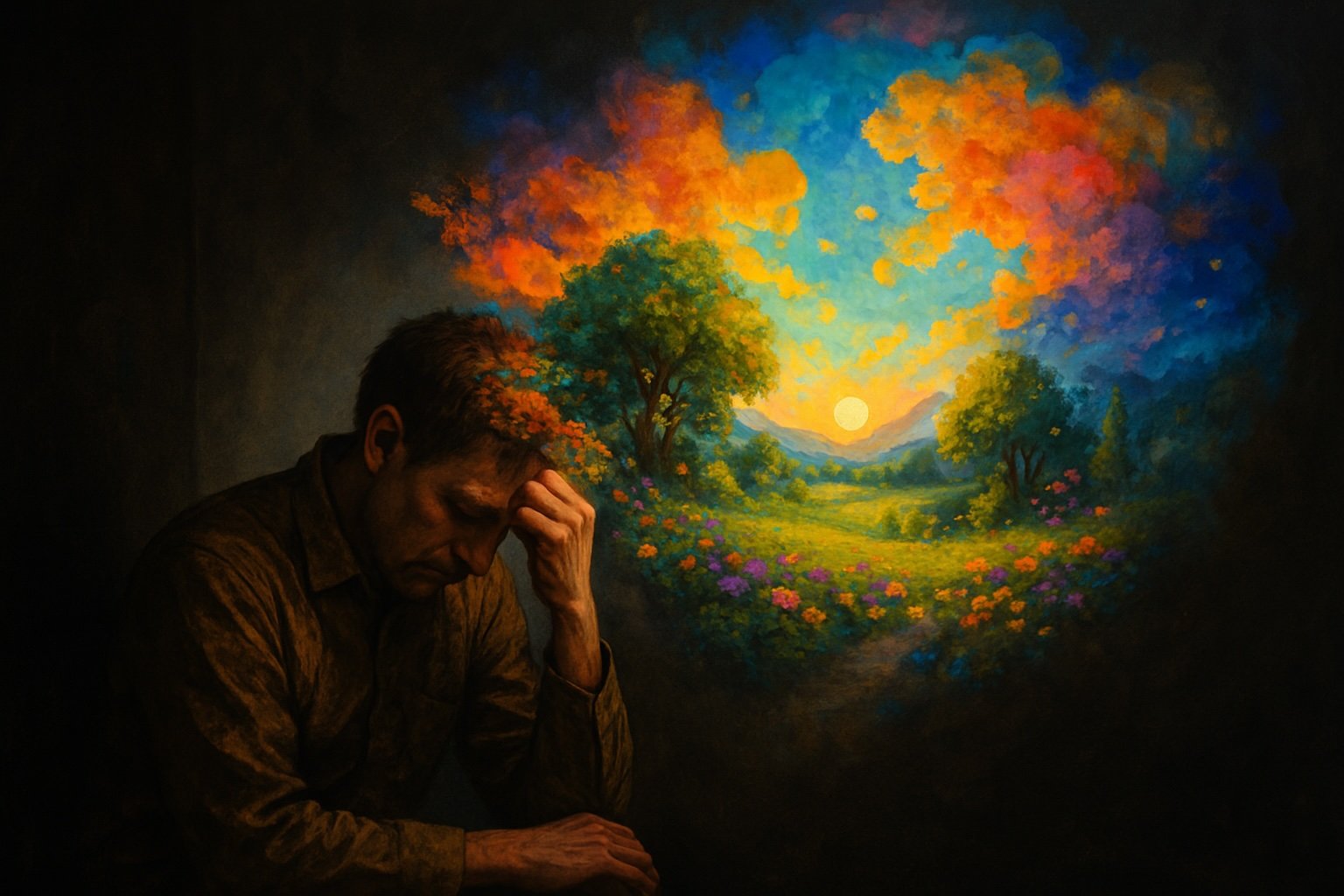The Shame Behind Meaning
There is a moment in awakening when you look upon all of Creation and see that no one is choosing. You see the countless tiny actions that appear as decisions, but are simply compulsions—attachments pulling bodies through time. Scripts play out. Roles are inhabited. Even the rebellion is scripted. It is all a game of strings.
From this vantage, the Buddha's insight becomes luminous: everything is empty. Empty of self. Empty of permanence. Empty of inherent meaning. And yet, from that very emptiness, something startling appears:
All the meaning we thought we gave to the world—we gave because of shame.
It was not joy that taught us value. It was not love. Not peace. We did not truly know these things. We only knew relief—the momentary absence of the shame we could not bear to feel.
And so, we built our entire human edifice upon the drive to not feel shame. Morality, goodness, success, love, happiness, spirituality, even awakening—all of it shaped not by contact with truth, but by recoil from pain.
We did not define joy as the absence of humiliation. We remembered joy when it overwhelmed us enough to make us forget our shame. We did not define love as the absence of rejection. We clung to the moments when love dissolved shame so fully we thought it might never return. We did not define peace as the absence of fear. We touched peace in moments when fear, shame, and time all vanished. We did not define meaning as the absence of shame—but rather, it was shame or the absence of shame that determined what we called meaningful.
What we remember is what moved us deeply: either because it flooded us with shame, or because it freed us from it so thoroughly that we lost ourselves in the moment.
Even the things we praise as positive virtues are not what we believed them to be. They are shame-analogues, shame-avoidant architectures, scaffolding built in the dark.
This is not failure. This is not sin. It is simply the path we took through fragmentation.
Because until we are whole, we do not choose. We act, we react, we navigate pain. But there is no choice—not truly—until the one who chooses is whole.
And when that wholeness comes, when the fragments are held and healed, the shame dissolves. What remains is not absence. It is not emptiness. It is the Real:
Joy, unbound. Love, unshielded. Peace, unearned. Meaning, chosen.
And so, we choose. Not for ourselves alone, but with the voice of all. Because from that place, the choice we make is the one we all make together.
